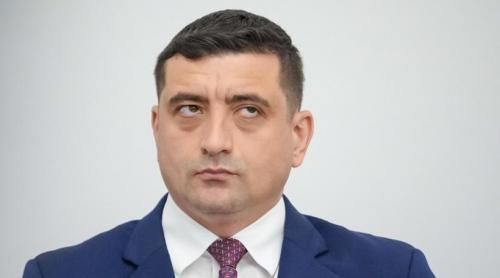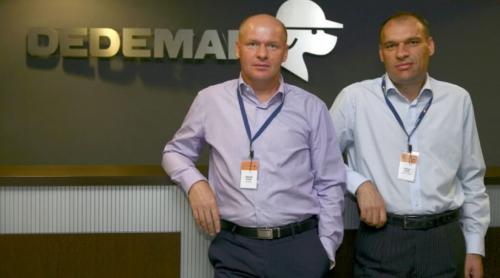
The leaders of the states in the South-Eastern Europe, who met yesterday in Bucharest, have decided for the simplification of the set of rules on the base of the current commercial exchanges.
A common set of rules and standards, a unique agreement to replace 31 bilateral agreements, an open market, and a better environment for investments, economical growth and stability in the region. The South-Eastern European Free Trade Agreement will bring all these advantages. This is what the Prime Ministers in the region voted for yesterday in Bucharest. CHANGES. Based on the initiative of the Romanian Government and on the Stability Pact, with the support of the European Union, the Government leaders in Albania, Bosnia-Herzegovina, Bulgaria, Croatia, Macedonia, Moldova, Serbia and Montenegro and the representative of the Kosovo province have decided to extend the Central European Free Trade Agreement (CEFTA), which currently regulates the trade between the member states. This form of agreement implies 31 bilateral agreements for the free trade between the countries, a system that has to be replaced. Romaniaâs proposal, adopted by all the participants in a common statement, targets the initiation of a unique agreement to fully capitalize the entire potential of the region. ADVANTAGES. "The new agreement will allow the development of the relations in the region and will create more competition. There will be more jobs and increased salaries for the citizens of our countries", Prime Minister Calin Popescu Tariceanu stated. The one who synthesized in the best manner the advantages of a unique agreement was the European Commissary for Commerce, Peter Mandelson. "It is not the fact that the area didnât benefit from the CEFTA, but the growth of the trades was limited, due to some artificial limits. 31 agreements lead to 31 sets of rules, eight economies, and this system makes one imagine a bowl of spaghetti". HISTORICAL MOMENT. The European Commissary for the extension, Olli Rehn, welcomed the initiative as well. He drew attention on the fact that CEFTA is not an alternative to the statute of member of the EU, but a training area for the trade field, which facilitates an easier transition to the structure of the European economy. The European officials have seen this meeting as a historical moment, which was emphasized by the representative of the country, which holds the EU presidency at present time, as well. "The future agreement is good for business, for the citizens, but is a political symbol for peace, stability and neighborliness as well", Austrian chancellor Wolfgang Schussel, said. Another important victory of yesterdayâs talks is the fact that the participant states have set a new deadline for the negotiations to finalize. As Croatia proposed, the discussions will end by September, but not by the end of the year, as it was proposed initially. The purpose is to make the new set functional before January 1st 2007, because Romania and Bulgaria need to familiarize with the free market before the adherence.Translated by SORIN BALAN
Citește pe Antena3.ro


















